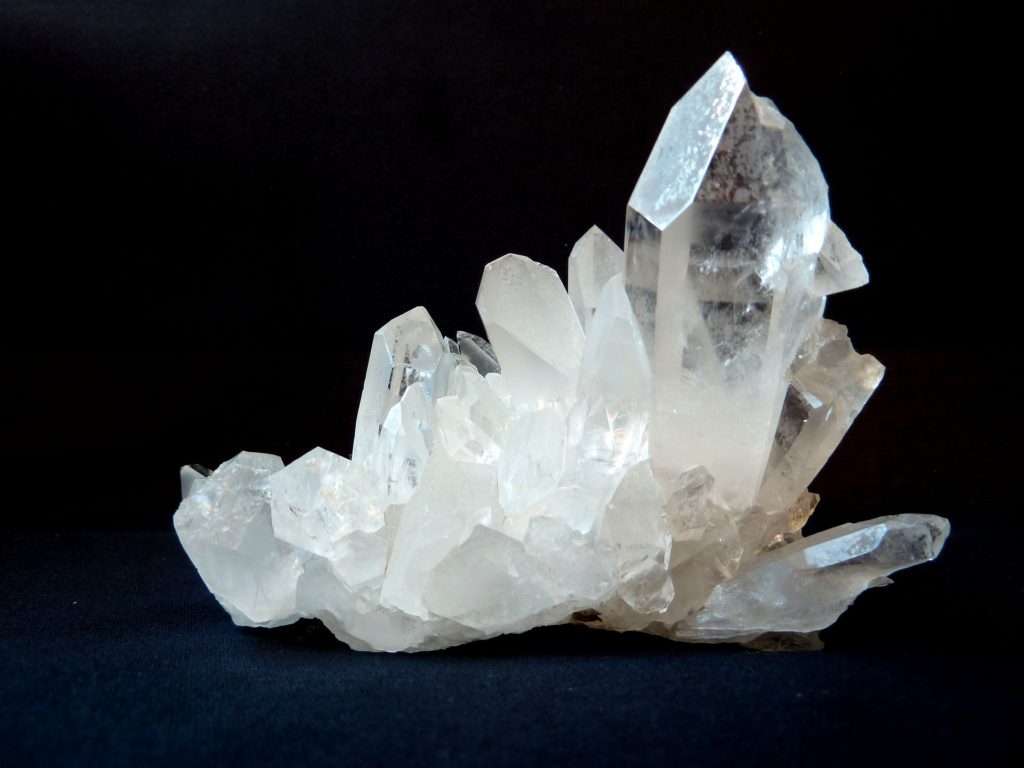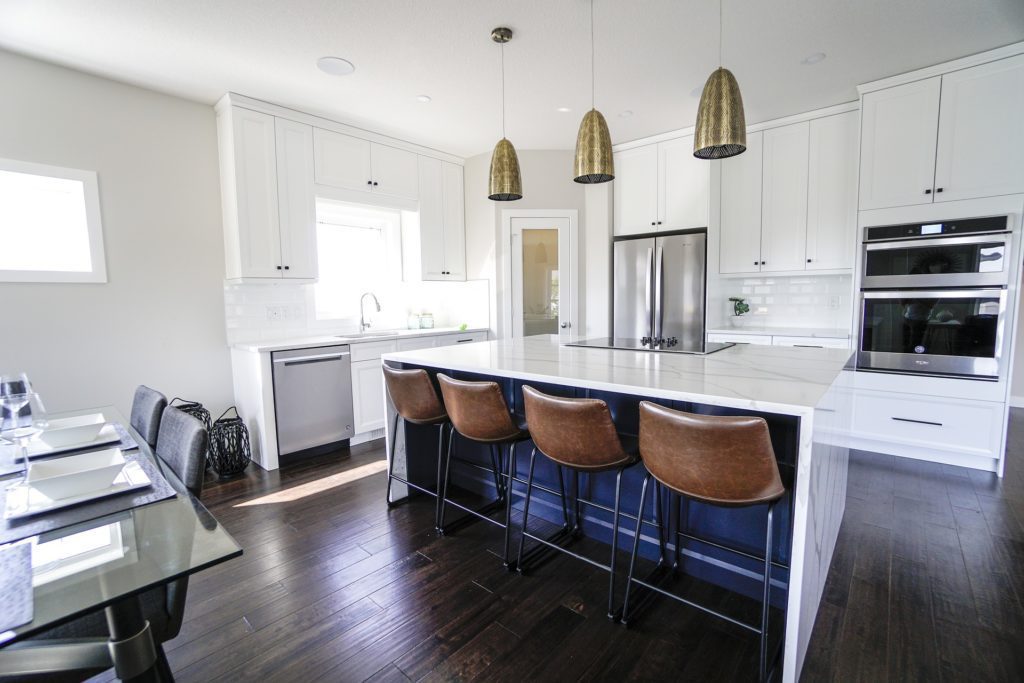Quartz Kitchen Counters Supremacy: Still Popular In 2023
5 Fascinating Facts About Quartz Countertops
If you’ve ever undergone a kitchen remodel, or even just considered one, you know choosing countertop material can be one of the toughest decisions of the entire process. Every kitchen and homeowner are different, so there’s no one material that’s the best 100 percent of the time.
Quartz kitchen counters have continued to shine as a top choice for ease of maintenance and sheer versatility. You may have found yourself impressed by a quartz countertop in a magazine or at a friend’s house, but how much do you know about quartz? Read on to learn more about this interesting material.
1) It’s Highly Durable & Resistant to Damage
Quartz is one of the hardest minerals on the planet, and the compound stone used for countertops maintains much of that toughness, making it comparable to granite and even concrete. When you choose quartz kitchen counters, you benefit from it being resistant to heat, as well as not having to worry much about wear and tear, such as scratches. On top of that, because it’s non-porous, it also resists germs, bacteria and mildew, helping to alleviate worries about sanitation.
And although it’s a hard material, it’s also flexible, so it can be bent and shaped into the counter design you want – so if you don’t use an uninterrupted slab, that’s OK, because it cuts very cleanly, which means seams are barely perceptible. It can even be cut into tiles!

2) There’s More to it Than Just Stone
Unlike some other countertop materials, quartz can’t call itself natural stone. By weight, it’s roughly 90-95 percent quartz, and the rest of it is resins, polymers, pigments and flecks for patterning (if you go by volume, not weight, it’s more of a 65-35 split). The stone comes from natural quartz crystals that are mined, then ground into dust and aggregate so they can be fused, under intense heat and pressure, with the above-mentioned binders.
While there are a variety of quartz vendors out there, all of the base material comes from the same place: the Italy-based Breton company, which has held a patent on the design process since the 1970s. And if you’re environmentally conscious, good news! The manufacture process is low on carbon emissions.
Did you know? Quartz is popular for kitchen countertops, but it’s also growing in popularity for bathroom surfaces. It doesn’t require sealing, it’s naturally water-resistant, it doesn’t get moldy easily and cleaning is a simple matter of wiping down surfaces.
3) There Are Few Limits to How it Can Look
One of the downfalls used to be the limitations on patterns and variations of quartz countertop colors. Natural stone was considered to be a superior alternative in these respects. Over time, though, that disadvantage has melted away. Now, there’s a vast spectrum of options for your new countertop.
Colors? A ton of variations offered through pigments added in the design process. Patterns? Absolutely, through the strategic addition of glass and metal flecks throughout. Finishes? You bet – polished, honed, sandblasted, embossed, and so on. In fact, advances in design have resulted in a material that can be made to look like a variety of natural stone materials, including:
- Limestone
- Granite
- Marble
- Slate

4) It’s Crazy Easy to Maintain
That shiny look you see on a new countertop? With some materials, that means the application of sealants, top coats or polish. Not with quartz, though; it’s naturally non-porous, as noted above, and requires no sealing. Additionally, quartz countertops offer another distinct advantage: exceptional stain resistance. They easily repel kitchen spills like oil, tomato, coffee, or wine! Plus, they provide some of the most hassle-free cleaning you’ll ever experience.
How To Clean Quartz Countertops?
Just some mild soap and water – or an oil-free, non-abrasive solution, if you’re feeling fancy – and it’s good as new in no time. That’s a whole lot more appealing than scrubbing! Do note, though, that heavier cleaning methods aren’t just unnecessary; they’re not recommended, as they can damage the surface.
Having said that…
5) It Does Have Some Limited Weaknesses
Even Superman has his kryptonite. Quartz kitchen counters can sustain damage if not properly cared for. For one thing, while quartz is highly scratch-resistant, it can be chipped – if you drop something heavy on it, try to scrape off a sticky substance or (definitely don’t do this!) cut something on it without a cutting board. There are limits to its heat resistance as well; you’ll want to use a trivet to separate it from pans, deep fryers, crock pots, etc.
Finally, it is susceptible to fading or discoloration under ultraviolet light. If it’s just on the other side of a window, it’ll probably be fine, unless it’s a huge window letting in a ton of light – but if you’re thinking about an outdoor kitchen, think about a different type of countertop.
Countertop Installation: Simply Done With Simple Kitchen
Does quartz sound like the right material for your kitchen counter? Contact us at Simple Kitchen today to find out how we can make it part of your dream kitchen!